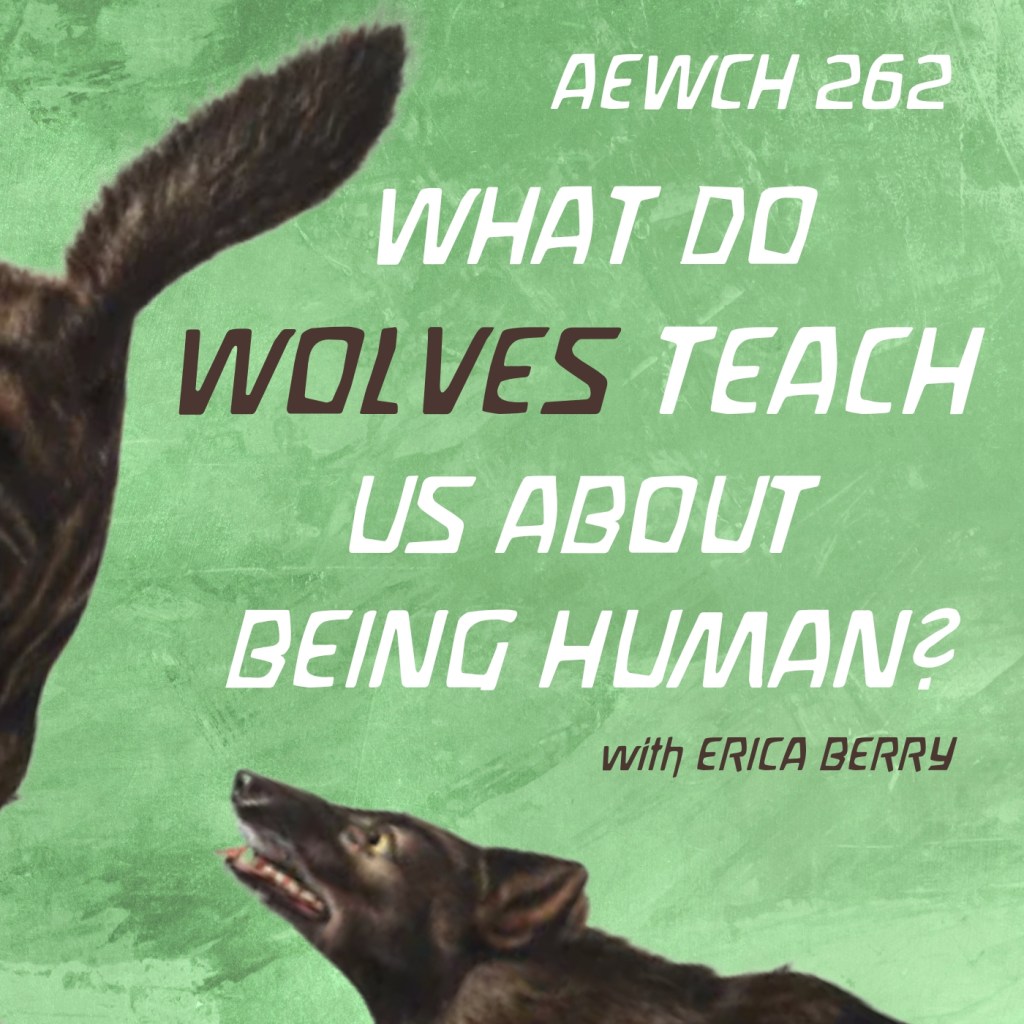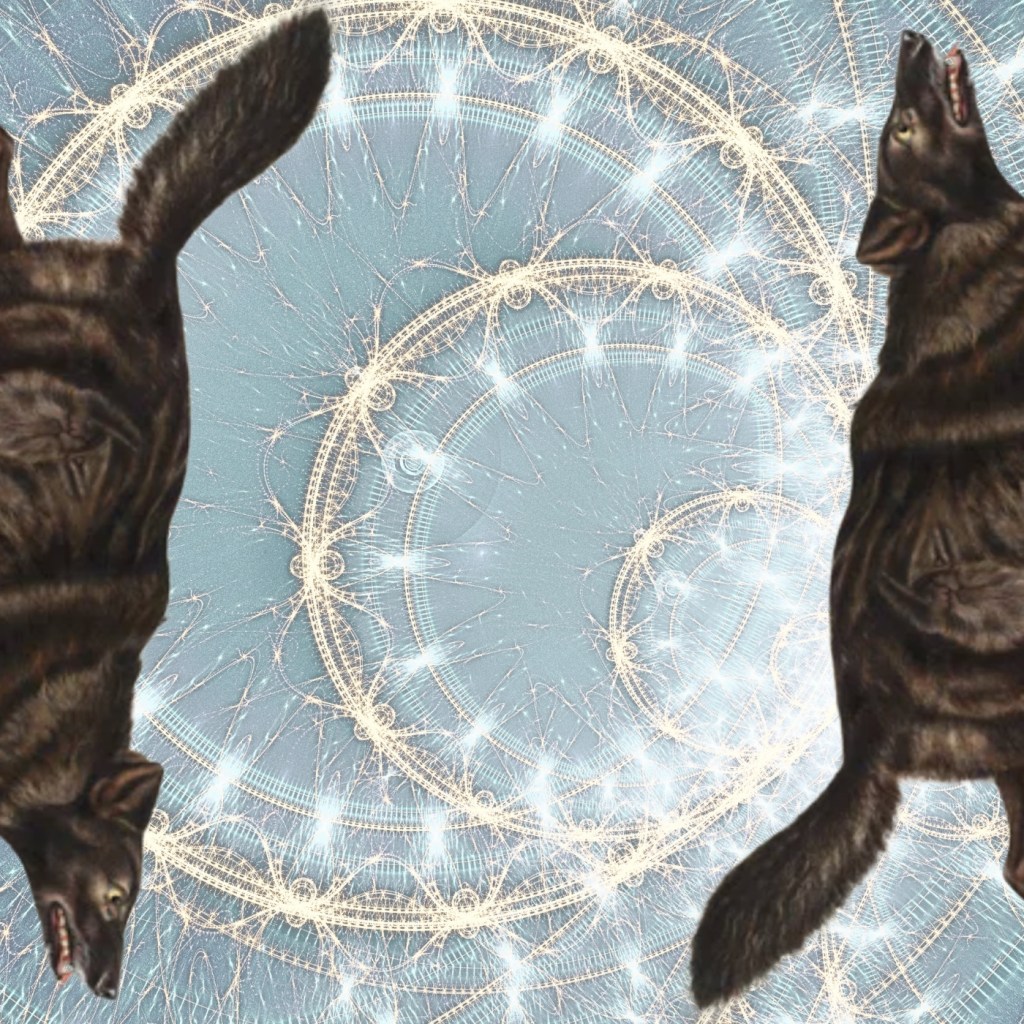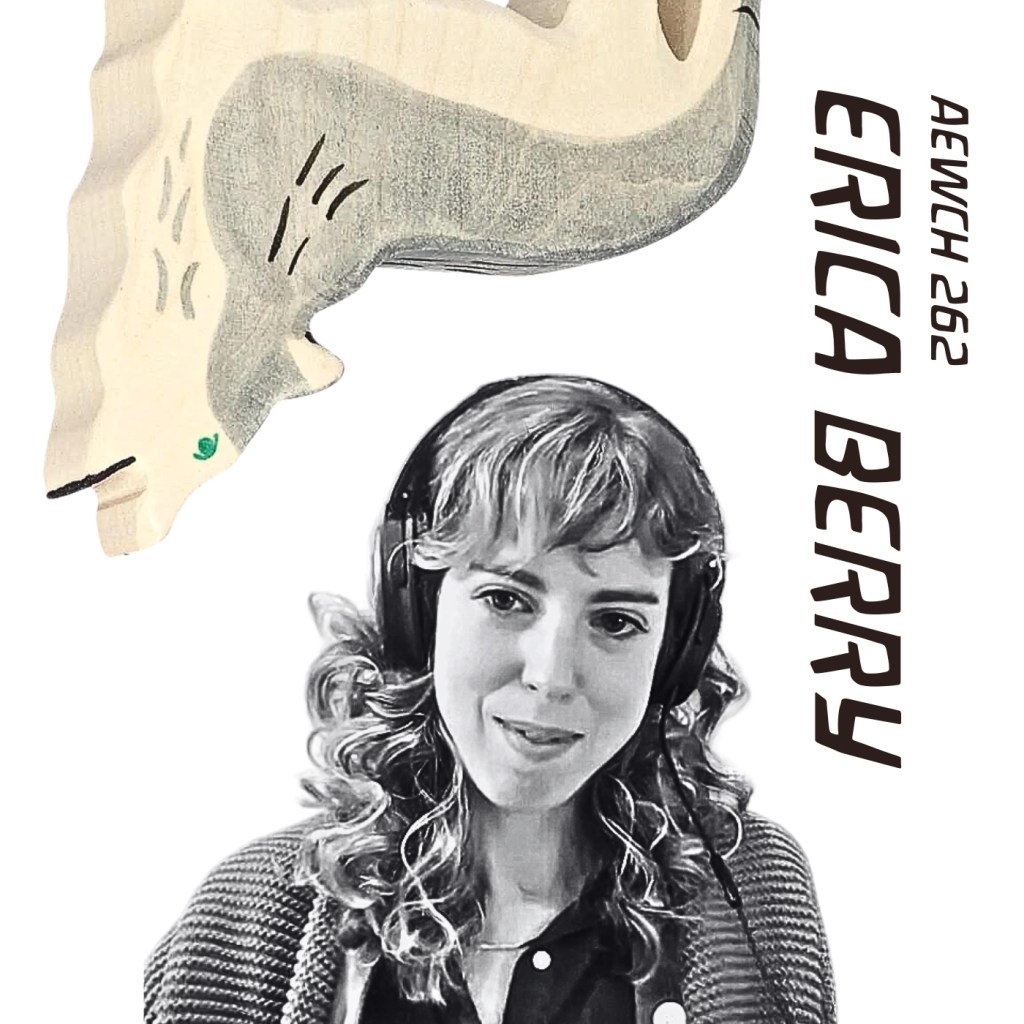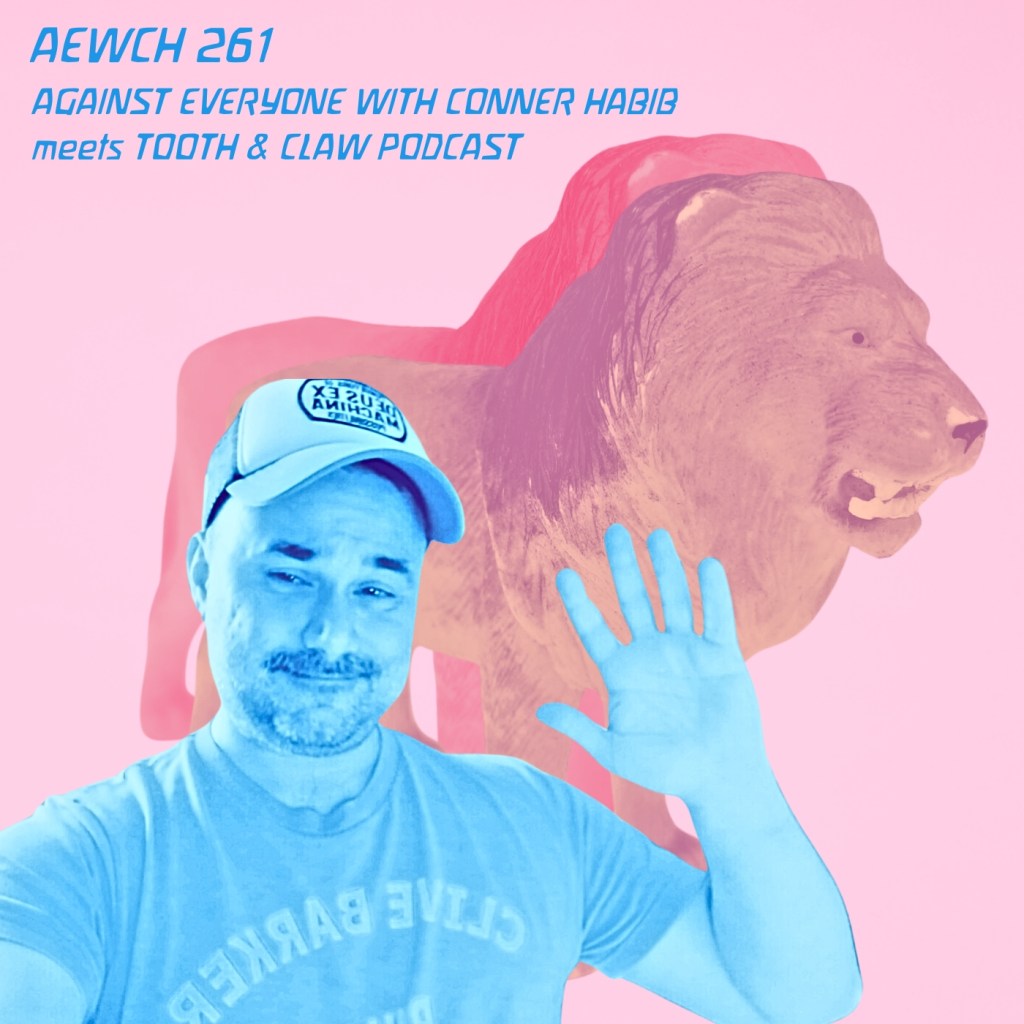LISTEN VIA SOUNDCLOUD ABOVE OR: Apple Podcasts • Spotify • Breaker
Dear friends: Does this podcast offer you inspiration?
If so, do support the show on patreon.
Give a one-time annual or monthly pledge to Patreon.com/connerhabib to connect to and give economic life to something you find value in. Thank you.
Also, please do subscribe to the show, give it a 5 star rating and warm review on Apple Podcasts.
You can also buy my novel Hawk Mountain (and give it 5 star rating and a positive review on Goodreads!)

Friends,
This is the ffith episode in a series of episodes on science and how science intersects with our lives in surprising ways. These episodes are not “scientific” episodes per se, but they aren’t scientistic either. Each one is an exploration of what science can bring into our lives. The series started with AEWCH 260, on which I talked with Marjolijn van Heemstra about connecting with the expansiveness of space to understand the challenges we face today. Then on AEWCH 261, I talked with bear biologist and the Tooth & Claw podcast co-host Wes Larson about our fascination with animal attacks. On AEWCH 262, I talked with culture and nature philosopher, Erica Berry about what wolves can teach us about being human. And on AEWCH 263 I did a deep dive into the work of rebel scientist (and scientism’s most notable heretic), Wilhelm Reich, with James Strick.
PREDRAG SLIJEPČEVIC, biologist, senior lecturer at Brunel University London, and author of the excellent new book, Biocivilisations: A New Look at the Science of Life (which features an introduction by Vandan Shiva).. Predrag is also a member of The Third Way, which is a group of scientists and thinkers who explore and work to popularize more accurate and evidence-based theories of evolution.
The question we mull over in may ways is how can having a more developed look at life, a developed look at our living planet, and a scientific outlook that puts life first save the world?
How can a life-focused science helps us live on an earth that is conducive to our flourishing and thriving?
These are ideas I’ve been working with for a long time – But Predrag’s new investigation is one of the best articulations of these concepts and incorporates new discoveries and new understandings.
I’m so excited to share this episode with you. It’s a big scope, multidirectional one with a huge vision forming.
PS: Please forgive me for messing up the pronunciation of his name… But I did get it right in the intro!










